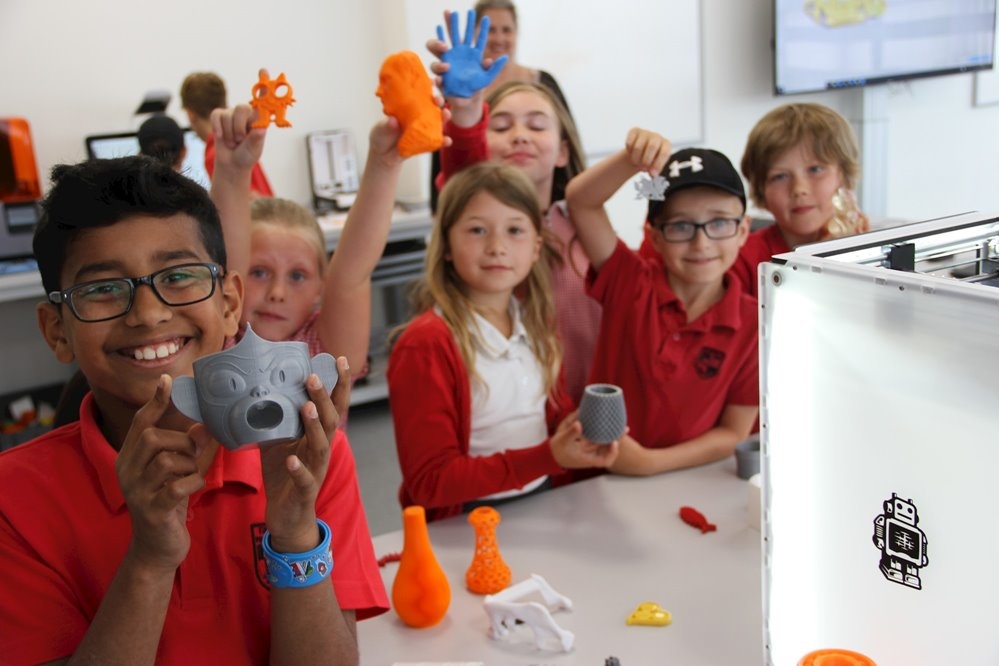
‘Self-regulation’ has become a hot topic, appearing in materials and publications from both the DfE and Ofsted and it will be in n of the EYFS statutory framework due to come into force from September 2021. Sue Cowley draws from her new book to explore the learning behaviours required
Although these ideas are primarily aimed at teachers and practitioners in early years settings, including those in Reception with the new early learning goals, the practical advice is more widely applicable. I hope it will resonate with school leaders throughout the sector. Perhaps it will even lead to a rethink of more punitive approaches to behaviour that have come to prominence, such as ‘zero tolerance’ and ‘no excuses’ policies.
Behaviour as Part of a Curriculum
Rather than focus on systems and extrinsic motivators to teach children and young people to behave, it is possible to reframe our views about behaviour so that we see it as being part of our curriculum. In the EYFS, this is already the case, the development of all kinds of key behaviours falls under the prime area of ‘Personal, Social and Emotional Development’ within the statutory framework.
Early years settings are tasked with supporting children to learn the behaviours associated with self-regulation – how to share, be kind, focus, deal with challenges and manage risk, be independent, manage emotions, and so on. My book examines ways to support the learning of these skills and more.